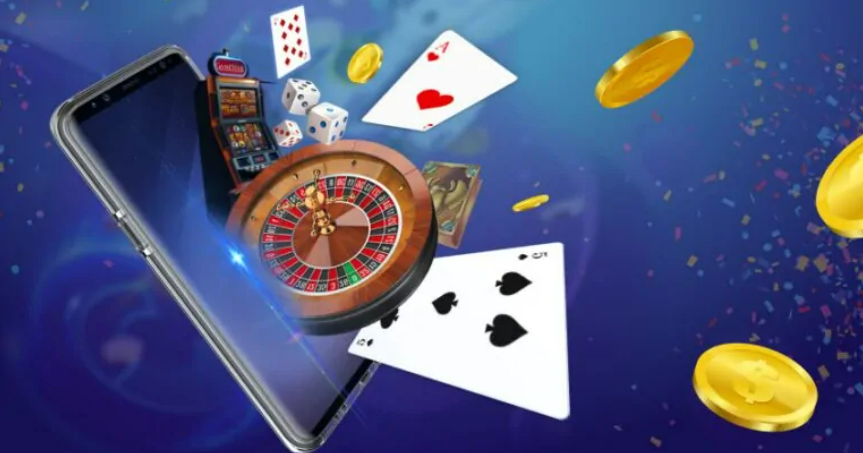
Exploring the Popularity of Poker
Poker has risen to unprecedented heights in popularity over the last few decades, captivating audiences globally. Its allure can be attributed to various factors including the thrill of competition, the strategic depth of the game, and, not least, the entertainment offered through both casual play and formal tournaments. Online poker platforms have also dramatically shifted how players engage with the game. To understand this phenomenon more deeply, we can explore its historical roots, cultural significance, and the impact of technological advancements. For more in-depth information, you can check Exploring the Popularity of Poker Tournaments in Bangladesh https://attentionchantier.org/.
The Historical Evolution of Poker
Tracing the origins of poker reveals a fascinating history that reflects wider societal changes. The earliest known version of poker is believed to have originated in the 19th century in the United States, evolving from several European card games such as “poque,” a French game, and “poca,” a game that was popular in the early days of American gambling. As the game spread across the country, particularly during the Gold Rush, it picked up various local adaptations and rules, contributing to its rich tapestry of styles and variations.
The Thrill of Competition
One of the primary reasons why poker attracts millions of players is the thrill of competition. The blend of skill, psychology, and chance creates dynamic gameplay that can change with each hand dealt. Players must hone their ability to read other participants, manage their resources, and adapt their strategies on the fly. This level of engagement often evokes an adrenaline rush similar to that found in traditional sports, culminating in a strong emotional investment in each game.

Cultural Significance
Poker has woven itself into the cultural fabric of societies around the globe. From movies that depict high-stakes tournaments to local home games that bring friends together, poker fosters a sense of camaraderie and competition. Moreover, the global appeal of events like the World Series of Poker (WSOP) demonstrates the game’s significance not just as a pastime but as a social phenomenon. Major tournaments attract thousands of players and millions of viewers, showcasing the strategic complexity and excitement the game offers.
The Rise of Online Poker
The advent of the internet catalyzed a dramatic transformation in how poker is played and perceived. Online poker platforms have made the game accessible to millions, irrespective of geographical barriers. Players can participate in games and tournaments from the comfort of their homes, with options to play at any time of day or night. This accessibility has not only broadened the player base but also introduced new demographics to the game, including younger audiences who might not have previously engaged with traditional poker.
Furthermore, online platforms offer a wealth of resources, including tutorials, strategy guides, and forums for discussion, helping novice players improve their skills and understanding of the game. This educational aspect contributes significantly to the growing popularity of poker, as more individuals feel empowered to learn and compete.

The Social Aspect of Poker
Beyond the competition and strategy, poker also serves as a social venue. Whether in a physical casino or an online room, players form connections that transcend the game. Friendships are forged over shared experiences at the table, and the communal aspect of poker fosters a unique social dynamic. Home games often serve as bonding experiences among friends and families, reinforcing relationships while providing entertainment.
The Future of Poker
As we look to the future, the evolution of poker seems poised to continue. Innovations in technology, such as artificial intelligence and virtual reality, may add new dimensions to the game, creating even more immersive experiences for players. Additionally, the ongoing regulatory landscape surrounding online gambling will shape the accessibility and popularity of poker worldwide.
Conclusion
The popularity of poker can be attributed to a multitude of factors, from its rich history and cultural significance to the social connections it fosters and the ease of access provided by online platforms. As poker continues to evolve, it will undoubtedly maintain its status as a beloved pastime for both casual players and serious competitors alike. Whether you’re a longtime enthusiast or a new player just embarking on your poker journey, the thrill of the game promises to captivate and entertain for years to come.







